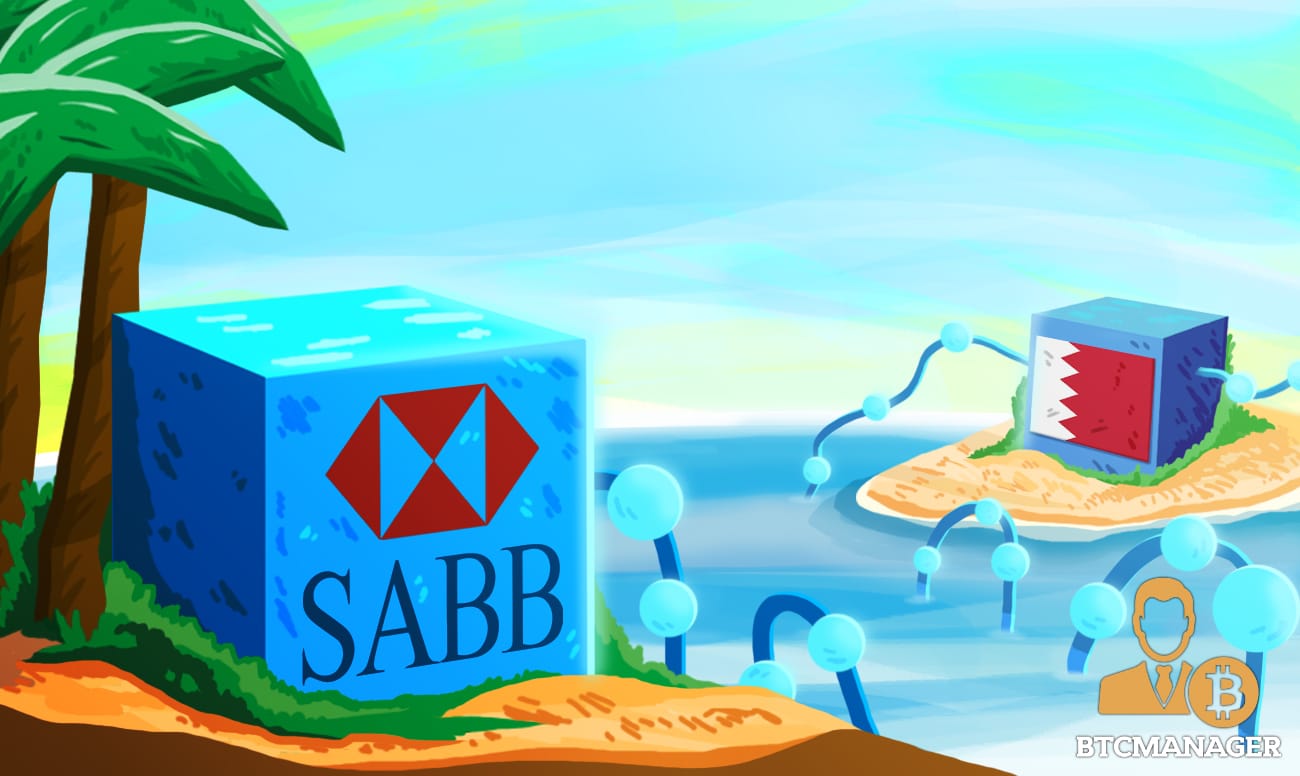Saudi Arabia and Bahrain Use Blockchain Technology to Finance International Trade

SABB and HSBC executed for the first time a blockchain-based trade transaction between Aluminium Bahrain B.S.C. (Alba) to Saudi Arabia’s Altaiseer Aluminium Corporation (TALCO). The news comes from an official post by SABB on November 20, 2019.
Global Trade Faster, Safer, and Simpler
The transaction executed by SABB and HSBC represents the first transaction ever made on a blockchain for international trade in Saudi Arabia. The success of the operation has been acclaimed by both parties and it seems it can bring international trade towards a higher level of efficiency without neglecting security and transparency.
At the end of the transaction, TALCO issued a Letter of Credit (LC), a document guaranteeing that a buyer’s payment to a seller will be received on time and for the correct amount. Everything was recorded using R3’s Corda system. This first transaction demonstrated the effectiveness of blockchain at the same time maintaining a process very similar to traditional systems.
Since all the information is recorded on a single blockchain platform, transactions can be processed faster, reducing the need for reconciliation, an accounting process that compares two sets of records to check that figures are correct and in agreement.
A Few Controversies in Arabia
Although this transaction was the first experiment for Saudi Arabia, the blockchain is not an unknown technology within the country. As reported by BTCManager in May 2019, Saudi Customs has successfully shipped its first blockchain-tracked shipment powered by blockchain technology and headed to Rotterdam, Netherlands.
Also earlier this year, Saudi Arabia and the UAE have launched a cryptocurrency aimed at facilitating cross-border payments for banks.
However, this predisposition to the use of blockchain technology remains in contradiction with a previous statement by the Standing Committee, Saudi Arabia’s financial watchdog, which confirmed that engaging in bitcoin trading as well as trading of digital currencies is illegal in the country.
A contrary situation is that of Bahrain in which it seems that cryptocurrencies and blockchain startups are more than welcome. The government, in fact, seems absolutely in favor of creating an ecosystem that allows the development of this sector.












